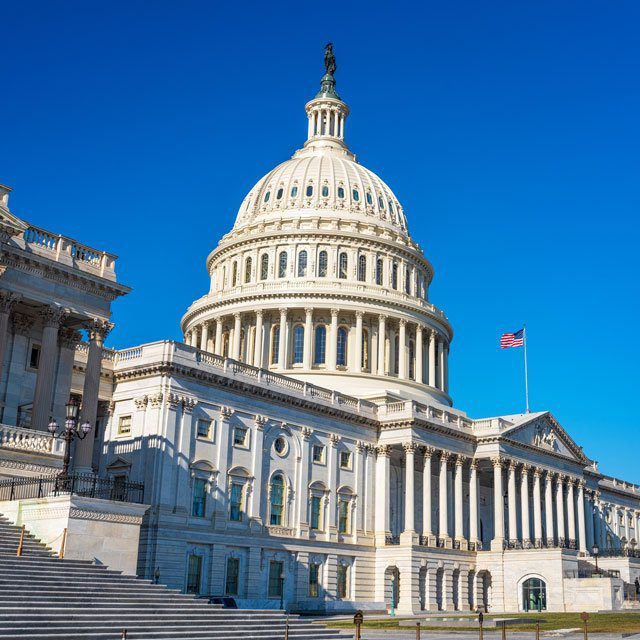5 Retirement Issues Likely Top of Mind at Senate Hearing: IRI

What You Need to Know
The Senate HELP committee plans a retirement-related hearing on March 29.
Allowing annuities to be used as a qualified default investment alternative (QDIA) may come up.
Other bills, such as the Improving Access to Retirement Savings Act, could also be discussed.
The Senate Health, Education, Labor and Pensions (HELP) Committee plans to delve into ways to improve retirement options and enhance savings for workers at a hearing on March 29.
The Insured Retirement Institute, an annuity trade group, told ThinkAdvisor on Wednesday in an email that the following five retirement-related topics — which are provisions in bills at play in Congress — will likely be discussed:
Lifetime income — allowing annuities to be used as a qualified default investment alternative (QDIA).
Extending pooled employer plans, or PEPs, to 403(b) plans — extending the same opportunities to nonprofit groups to use a PEP that small businesses were granted in the Secure Act.
Retirement Lost and Found — creating an online “lost and found” database to help workers who lose track of their 401(k) accounts as they move from job to job.
Emergency savings — creating an option to allow plan participants to build an emergency fund alongside their retirement savings, such as what’s being offered in the Enhancing Emergency and Retirement Savings Act of 2021, S. 1870, which would allow a withdrawal from a plan of up to $1,000 in a year.
Automatic re-enrollment — if a participant opts out of a retirement plan with auto-enrollment, the plan would automatically enroll the participant in three years unless the participant opts out again.
The hearing notice does not mention specific legislation to be discussed, but IRI believes other bills that may likely come up include the Improving Access to Retirement Savings Act, S. 1703, which was introduced last May, as well as proposals to reduce administrative burdens on small-business retirement plans and an auto-re-enrollment measure.






